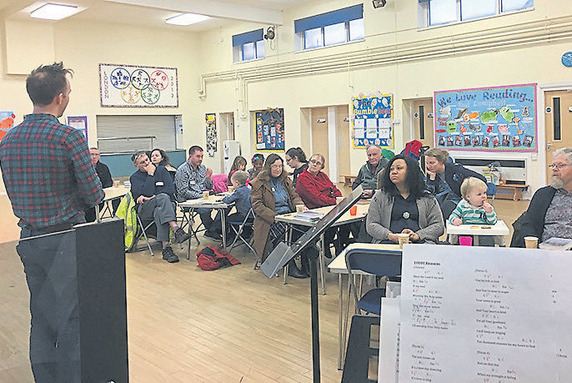A former Turkish soap-opera star became the host of the first live daily Christian women’s show on the Christian satellite platform SAT-7, it was reported in August.
In her ten-year acting career, 33-year-old Şemsa Deniz Tolunay has appeared in long-running soaps, historic drama series and comedy roles. But she admits how much more at ease she is in her new role.
‘Soap operas are very popular here, but I wasn’t very comfortable,’ Tolunay said. In TV dramas, ‘it’s about money and about popularity’.
Tolunay said that Turkey’s TV dramas also reinforce attitudes to women that need challenging. ‘There is a wrong point of view towards women in this country and I wanted to do something to change that,’ she says. ‘In soap operas here, people look at you as if you are an object. They notice your figure; they are not thinking about your mind or your soul. I wanted to change that so that people will look to see more of the inside of a woman, her mind and her thoughts and the beauty!’










You must be logged in to post a comment.